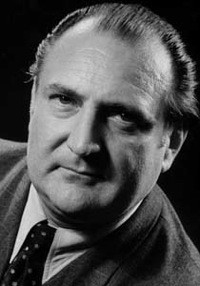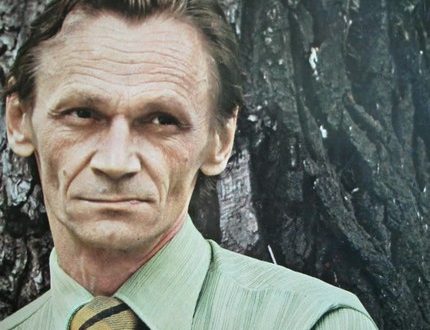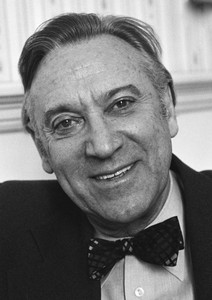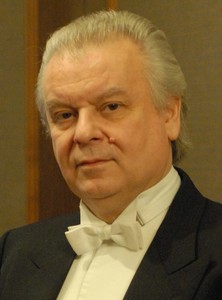
Franz Konwitschny |
Franz Konwitschny

For many post-war years – until his death – Franz Konwitschny was one of the best artists of democratic Germany, made a huge contribution to the construction of its new culture. In 1949, he became the head of the famous Leipzig Gewandhaus orchestra, continuing and developing the traditions of his predecessors, Arthur Nikisch and Bruno Walter. Under his leadership, the orchestra has maintained and strengthened its reputation; Konvichny attracted new excellent musicians, increased the size of the band, and improved its ensemble skills.
Konvichny was an excellent conductor-teacher. Everyone who had the opportunity to attend his rehearsals was convinced of this. His instructions covered all the subtleties of performing technique, phrasing, registration. With an ear most sensitive to the smallest details, he caught the slightest inaccuracies in the sound of the orchestra, achieved the desired shades; he showed with equal ease any technique of playing wind and, of course, strings – after all, Konvichny himself once gained rich experience in orchestral playing as a violist under the direction of V. Furtwängler in the Berlin Philharmonic Orchestra.
All these traits of Konvichny – a teacher and educator – gave excellent artistic results during his concerts and performances. The orchestras that worked with him, and especially the Gewandhaus, were distinguished by the amazing purity and fullness of the sound of the strings, the rare accuracy and brightness of the wind instruments. And this, in turn, allowed the conductor to convey both philosophical depth, and heroic pathos, and the entire subtle range of experiences in such works as the symphonies of Beethoven, Bruckner, Brahms, Tchaikovsky, Dvorak, and the symphonic poems of Richard Strauss.
The range of interests of the conductor in the opera house was also wide: The Meistersingers and Der Ring des Nibelungen, Aida and Carmen, The Knight of the Roses and The Woman Without a Shadow… In the performances he conducted, not only clarity, a sense of form, but, most importantly, the lively temperament of the musician, in which even in his declining days he could argue with the youth.
Perfect mastery was given to Konvichny by years of hard work. The son of a conductor from the small town of Fulnek in Moravia, he devoted himself to music from childhood. In the conservatories of Brno and Leipzig, Konvichny was educated and became a violist at the Gewandhaus. Soon he was offered the post of professor at the Vienna People’s Conservatory, but Konvichny was attracted by the conductor’s activity. He gained experience working with opera and symphony orchestras in Freiburg, Frankfurt and Hannover. However, the artist’s talent reached its true peak in the last years of his activity, when he led, along with the Leipzig Orchestra, the teams of the Dresden Philharmonic and the German State Opera. And everywhere his tireless work brought outstanding creative achievements. In recent years, Konwitschny has worked in Leipzig and Berlin, but still performed regularly in Dresden.
Repeatedly the artist toured in many countries of the world. He was well known in the USSR, where he performed in the 50s.
L. Grigoriev, J. Platek





